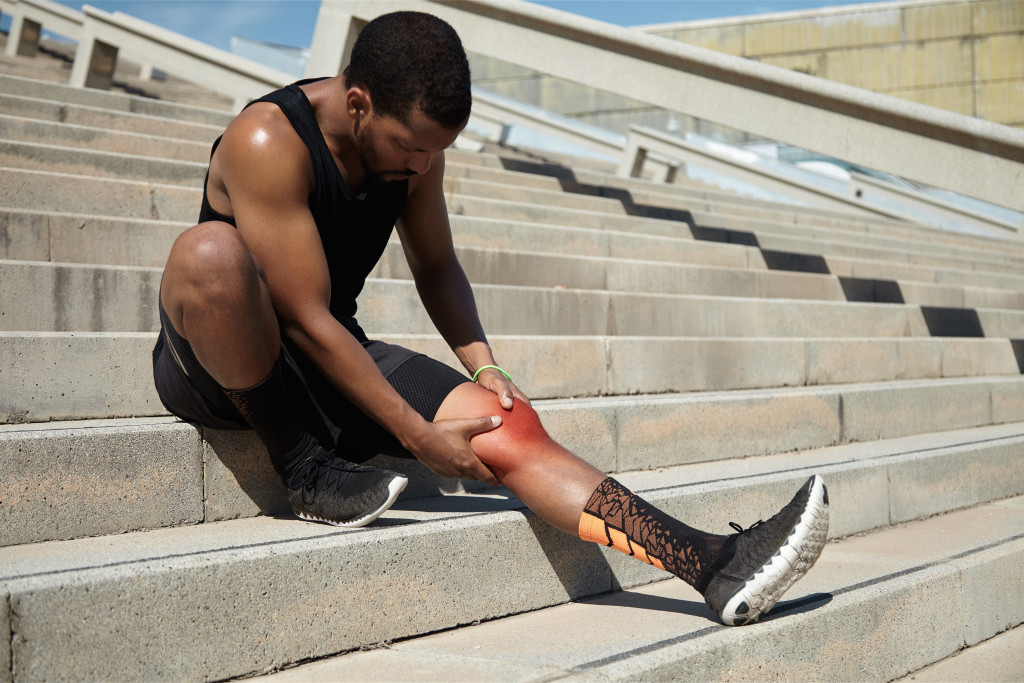As we age, our body undergoes several changes. One of the most noticeable is a decrease in our ability to fight off infection and disease. It is due to a decline in our immune system function. To keep our immune system functioning at its best, we need to maintain a healthy lifestyle. The list of activities includes eating a balanced diet, getting enough exercise, and getting adequate sleep.
Exercise is essential as we age. Not only does it help keep our immune system strong, but it also helps keep our bones and muscles strong. It can help reduce the risk of falls and fractures later in life. Additionally, exercise can help improve mood and cognitive function.
However, there is a chance your body might not be able to keep up as you age. Even if you are active in exercise, you might have to adjust your lifestyle as you grow old. It might even reach a point where you have to pursue regular doctor consultations. Here are a few areas of your body that will deteriorate no matter how compelling your health tactics are for yourself.
Eyesight
Eyesight is essential for performing everyday activities, such as driving, reading, and writing. It is also necessary for participating in recreational activities, such as golfing or swimming. In fact, without good eyesight, many actions we take for granted would become difficult or impossible.
Fortunately, there are several things you can do to protect your eyesight as you age. These include eating a healthy diet, getting regular exercise, and regularly visiting your optometrist. Taking these precautions can help ensure that your eyesight remains strong well into old age.
However, you will eventually reach a point where your eyesight can decrease slightly. By the time you reach your 50s, you will most likely need reading glasses. It is because the muscles in your eyes become weaker with age, and they cannot focus as well as they used to. If you have a family history of vision problems, you might consider getting your eyes checked more regularly.
Suppose your eyesight is reaching disruptive levels of unhealthy. In that case, it might be better to visit an eye specialist for potential treatments and surgeries, allowing you to recover functional eyesight at the very least.
Hearing

Hearing also starts to decline with age. You may notice that it becomes more difficult to hear high-pitched sounds, such as a child’s voice or the sound of birds chirping. Additionally, you may turn up the volume on the television or radio. If you experience sudden or severe hearing loss, you should see a doctor immediately.
You can do several things to protect your hearing as you age. These include avoiding loud noises, wearing earplugs or headphones in noisy environments, and getting regular hearing screenings. Taking these precautions can help ensure that your hearing remains strong well into old age.
Even if you take all the necessary precautions, you will eventually reach a point where your hearing starts to decline. By the time you reach your 60s, you will most likely need a hearing aid. If you have a family history of hearing problems, you might consider getting your hearing checked more regularly.
Joints
Joint pain is a common problem as we age. The cartilage in our joints starts to wear down, and sharp pain will follow as our bones rub together. Additionally, the muscles and tendons around the joints can become weak and unable to support the joint properly. It can cause the joints to become unstable, leading to further pain.
You’d think that exercise is enough to help your joints stay healthy, but you might be at an age where high-intensity activities can cause joint deterioration. By the time you reach your 70s, you will most likely have arthritis. If you have a family history of common problems, you might consider getting your joints checked more regularly.
Skin
The skin is the largest organ in the body, and it protects us from the elements. However, the skin starts to thin and become less elastic as we age. It can lead to wrinkles, age spots, and dryness. Additionally, the skin becomes more fragile and is more susceptible to cuts and bruises.
You can do several things to protect your skin as you age. These include using sunscreen, staying hydrated, and avoiding tobacco. Taking these precautions can help ensure that your skin remains healthy well into old age. Creating an effective and dermatologist-approved skincare routine might also be ideal, especially when you want to maintain an age-defying appearance.
However, you might not be able to deny the aging process because your skin will start to deteriorate. You will most likely have wrinkles and age spots when you reach your 80s.
Conclusion
There are many things to watch out for when growing old. These include vision problems, hearing loss, joint pain, and skin deterioration. However, you can take precautions to protect your health as you age. Additionally, there are treatments and surgeries available if you experience any problems.


